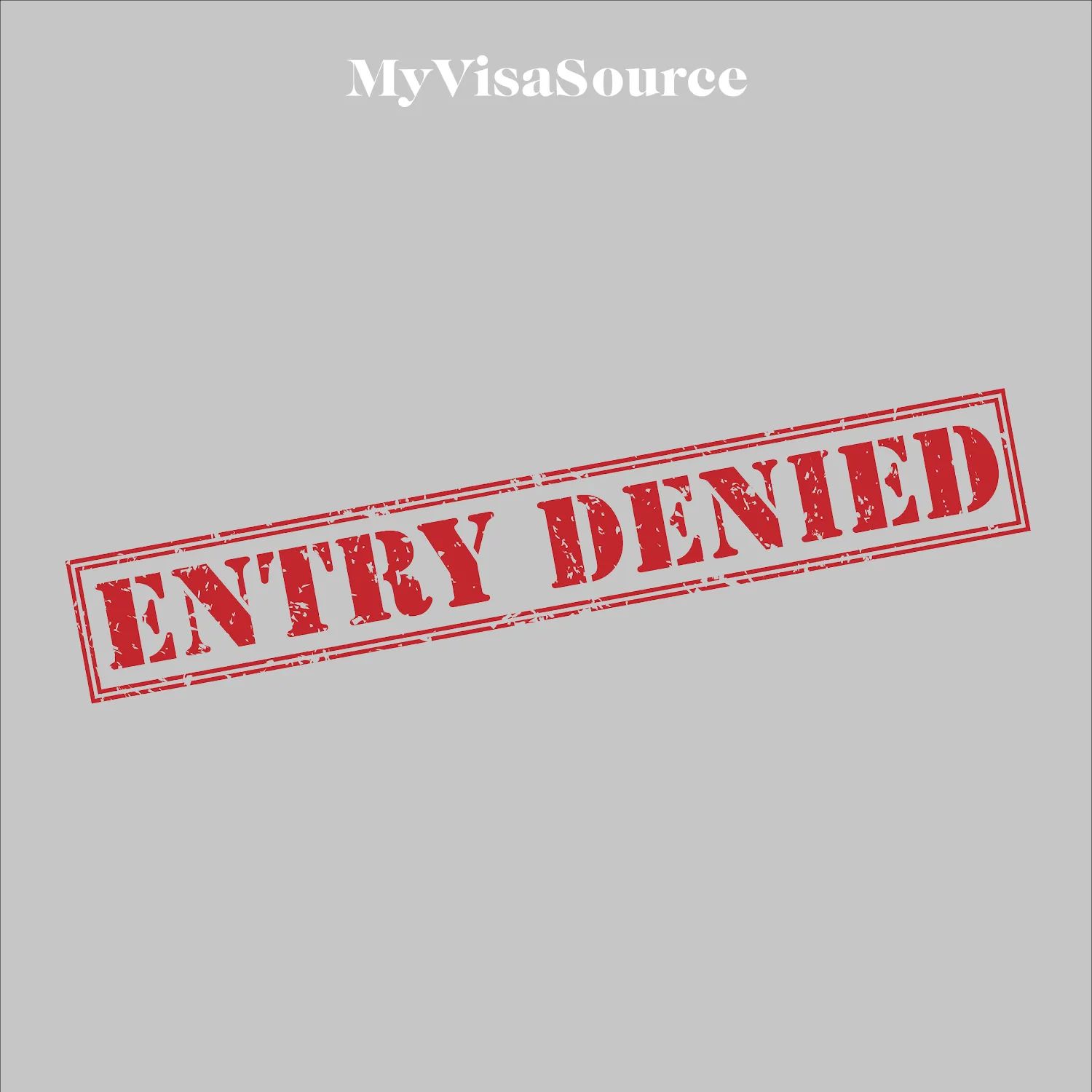Being denied entry into Canada can be a shock. Especially if you thought you had all your documentation in order or you’ve been allowed in before. What are your options? And having been denied once, does that mean you can never enter Canada? No, it doesn’t. There are steps you can take to be allowed entry in the future.
Reasons for Being Denied Entry
It helps to understand common explanations for why people are denied entry into Canada. There are the obvious reasons for preventing admittance (also referred to as, "Inadmissibility"), such as a person who is suspected or guilty of espionage, terrorist activity or human rights violations. Aside from those serious issues, there are other circumstances that might cause a Canadian immigration officer to refuse people entry. These include:
- Being convicted of a serious crime and/or being involved in a criminal group.
- Having a health condition that might be contagious or put too many demands on health care and social services systems.
- Not having adequate financial resources to support themselves and any family members who are traveling together.
- Having inadequate or false travel documentation.
- Having a family member who is inadmissible.
Another common reason people are denied entry is one that surprises many. If you have been convicted of a crime such as driving under the influence (DUI) or assault, a Canadian immigration officer could turn you away. Even if a few years have passed since the conviction and you’ve served the sentence, the charge could be enough to warrant a refusal of entry.
While being turned away can be frustrating and expensive, remember being allowed into the country is up to the discretion of the Canadian immigration officer processing the request. If the officer believes there is evidence that someone could be a risk in Canada, he or she will deny entry.



















